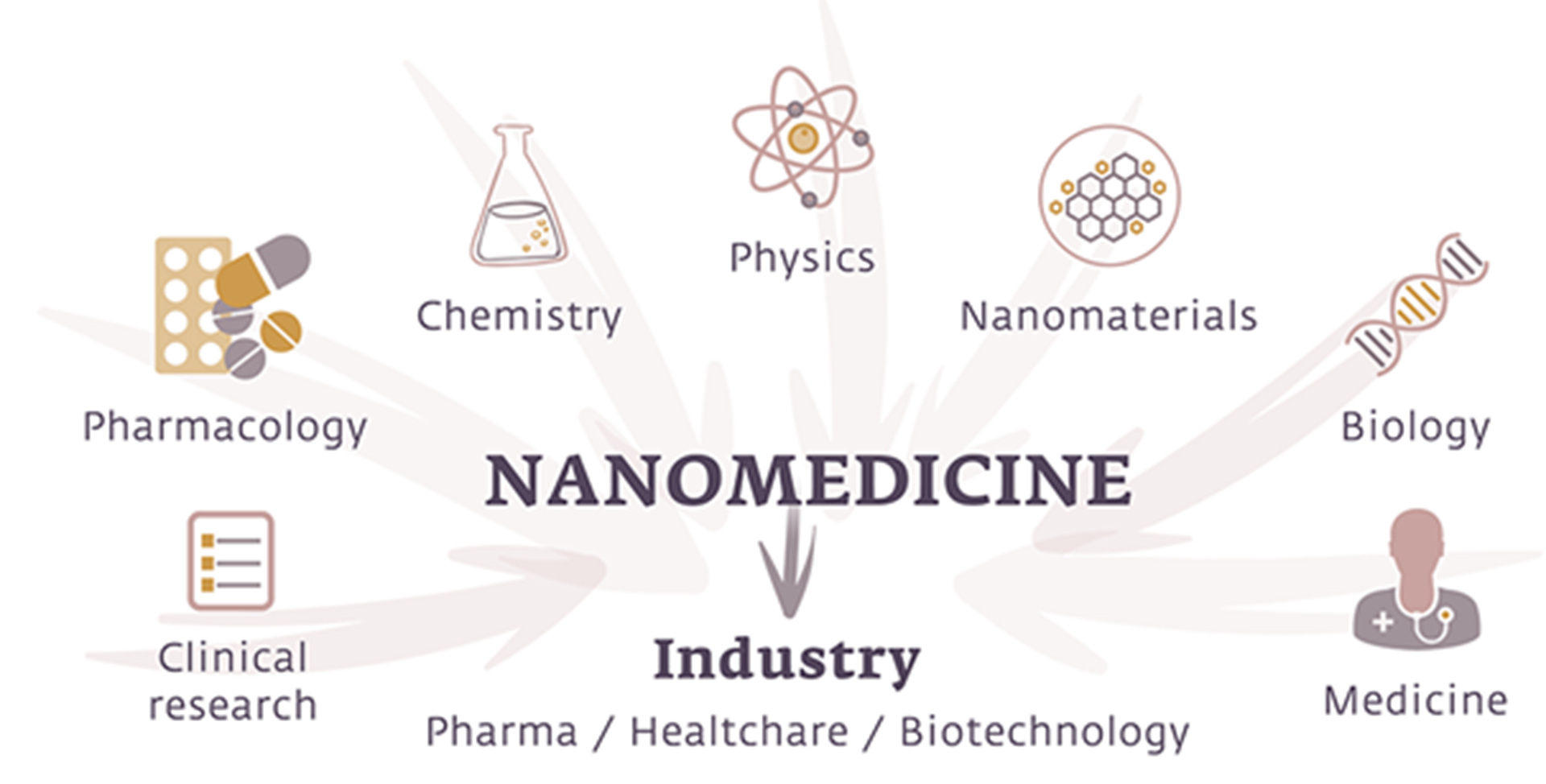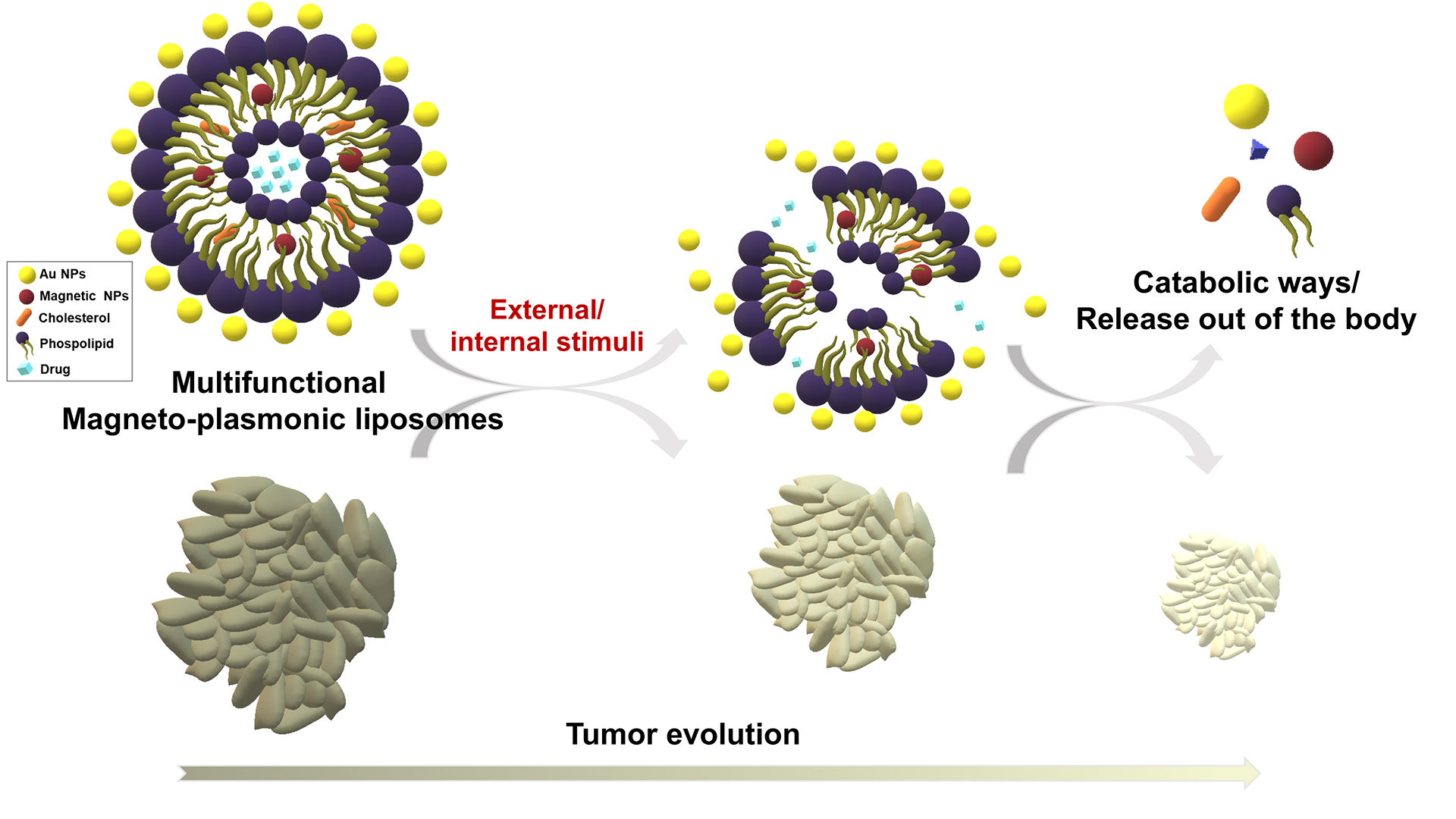The ESEI-BioMed project advances tumour diagnostics and nanomedicine in the frame of the new translational research centre, TRANSCEND.
TRANSCEND is a translational research centre in the early stage of development at the Regional Institute of Oncology, Romania. The centre is dedicated to advancing tumour diagnostics and personalised medicine while exploring the opportunities of nanomedicine to diagnose and treat human diseases. In line with this, the ambitious goal of the H2020-funded ESEI-BioMed project is to enhance and strengthen the excellence of interdisciplinary biomedical research within the centre. To achieve this objective, the project plans to create a successful leader whose experience and professional value include skills of excellent research management to an outstanding researcher in the field of nanomedicine. The project is coordinated by Dr Brindusa Dragoi, a senior researcher at TRANSCEND and the coordinator of the newly established Nanotechnology Lab. For the lab set-up, funds from a national project (PN-III-P3-3.6-H2020-2020) funded by the Executive Unit for Financing Higher Education, Research, Development and Innovation (UEFISCDI) were consistently used as well. In addition, upgrading of the Cell cultures lab was possible through the funds of ERA-Chair project. At the end of the project, TRANSCEND will be a recognised hub in nanomedicine research for oncology across Europe.
What is the aim of the ERA-Chair projects?
Through these projects, the European Commission supports universities and research institutions with high potential to achieve excellence in scientific research, which are willing to host an outstanding researcher and research manager with internationally recognised achievements in a particular scientific field. The nominated ERA-Chair is free to establish their team of researchers and implement all necessary structural changes to unlock and promote scientific research in the host institution.
All measures are aimed at increasing the scientific performance of the host institution to the level required for competitive participation in European and international partnerships and projects. Therefore, the host institutions must commit to accepting the measures and activities proposed by the ERA-Chair to successfully achieve the goal of becoming an excellence pole in the selected scientific field.
Reaching ambitious goals
Nanomedicine employs nanomaterials and nanoparticles for diagnosing and treating diseases at the nanoscale. It is an area with inter-solid and multidisciplinary characteristics and a high potential in improving disease prevention, diagnosis, and treatment while decreasing therapy costs (Fig. 1). Nanomedicine is one of the most productive scientific fields as it has great potential to address chronic diseases, such as cancer, cardiovascular diseases, and diabetes. If successful, nanomedicine will address cancer, which is one of the most significant societal challenges.

Moreover, the solutions brought by nanomedicine have the potential to extend the average survival rate while improving the quality of life of the patients and their families. Also, using nanoparticles and nanodevices makes the early detection of tumour cells more feasible than ever. Indeed, nanomedicine products have a high level of technology transfer, with several nanopharmaceuticals already incorporated into the standard care for treating cancer.
Secondly, we organised an international selection on a transparent, open, and merit-based process to attract an outstanding scientist and research manager in the nanomedicine field. The successful candidate was Professor Rares-Ionut Stiufiuc, PhD, who will take over as ERA-Chair on 1 April.
What are the concrete scientific challenges addressed by this project?
Our contribution to cancer research will be oriented to both diagnosis and therapy of cancer, which still requires a great deal of effort to properly manage the oncologic disease aiming for a better life for oncology patients. To reach this aim, different approaches are foreseen, such as the development of innovative (plasmonic and magneto-plasmonic) multifunctional nanoliposomes and the application of spectroscopic techniques for enhanced cancer early detection. Through this project, we also propose to address the concept of theranostic, which refers to the combination of therapy (thera) and diagnostic (nostic), as a critical part of personalised treatment of cancer and a strategy for reducing gaps in cancer treatment. Fig. 2 illustrates a simplified and idealised model of one of the nanoliposome designs proposed for this project.

“The nanoscale investigation of the different interactions between the nanoparticles and the biological media can lead to a better understanding of their properties, thus paving the way for new biomedical applications. Overall, NANOMEDICINE has the potential to revolutionise the field of medicine and provide new treatment and diagnostic tools that are more effective, more rapid, less invasive and cost-friendly,” said Professor Stiufiuc.
How will this project respond to the innovation in cancer research?
The scientific results of research projects on nanomedicine are aimed to be translated to the clinic, in other words, to turn the products obtained in the lab into marketable products. However, this task is difficult, especially since not all ideas and products can go from the research lab to the market.
On the other hand, the TRANSCEND research centre’s initial aim is to translate newly developed drugs based on identifying new cancer biomarkers to the clinic. Therefore, the ESEI-BioMed is the right project at the right time and has the proper instruments to drive TRANSCEND to achieve its ambitious goal. However, an interface between science and the market is needed. This gap is successfully filled by a Technology Transfer Office (TTO), which is the catalyst able to convert science into innovation. At this point, the ESEI-BioMed project plays a significant role because it includes a work package (WP) focused on laying the foundation for a TTO in the institution. According to the timetable, this WP will start this year.
At the end of the project, the institution has to own a TTO with a feasible development plan and a Good Practice Manual. We are confident that a TTO will catalyse the translation of the most valuable ideas and products developed at the TRANSCEND to the clinic.
Integrating scientific research into society
Through this project, we are keen to be as much as possible connected to society, especially since the scientific subject is chosen to bring our contribution to one of the critical diseases predominantly affecting our community – cancer.
Therefore, the project has activities equally dedicated to specialists and non-specialists, including students, journalists, industrial stakeholders, policy-makers and regulatory authorities, and the general public. So far, the project activities were mainly communicated by the website, kick-off meeting, popularisation articles, and open days. Starting this year, it is expected to enlarge and accelerate the activities focused on increasing the awareness of non-specialists on the scientific activity at TRANSCEND and the role of nanomedicine research for cancer. We plan to organise visits, meetings, workshops, and round tables on specific themes to engage stakeholders in scientific research.






